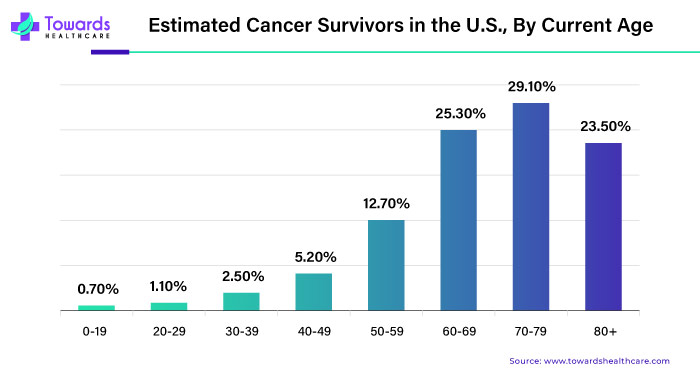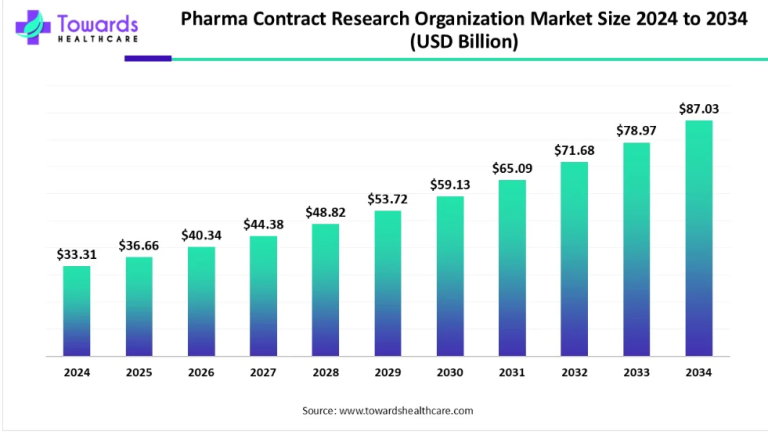
Cancer, a formidable adversary to human health, continues to cast its shadow worldwide, claiming millions of lives each year. According to the American Cancer Society, the year 2022 witnessed approximately 1.92 million new cases of cancer and a staggering 609,360 deaths in the United States alone. Globally, this grim statistic climbs to 9.6 million lives lost annually. Amidst this daunting reality, the imperative for innovative and effective treatments has never been more pressing.
Understanding the Cancer Epidemic
Cancer, characterized by the uncontrollable growth of abnormal cells, poses a significant health threat on a global scale. It manifests in various forms, each presenting unique challenges in diagnosis and treatment. Despite advancements in medical science, the prevalence of cancer continues to rise, underscoring the need for novel therapeutic approaches.
Enter RNA Interference (RNAi) Technology
In the quest for more targeted and efficient cancer treatments, researchers have turned to RNA interference (RNAi) technology. RNAi is a natural cellular process that regulates gene expression by silencing specific genes. Leveraging this mechanism, scientists have developed a promising avenue for combating cancer at its molecular roots.
The Mechanism of RNAi Therapeutics
RNAi therapeutics function by delivering small segments of RNA molecules to cancer cells. Once inside the target cells, these RNA molecules disrupt the activity of genes involved in cancer proliferation, effectively halting tumor growth. Unlike conventional therapies such as chemotherapy, which often result in collateral damage to healthy tissues, RNAi therapeutics offer a more precise and targeted approach.
Recent Advances and Breakthroughs
In November 2023, Alnylam Pharmaceuticals achieved a significant milestone with the approval of Givlaari (givosiran) by the FDA. While not a direct cancer treatment, Givlaari targets a specific genetic syndrome known as acute hepatic porphyria (AHP), offering insights into the potential applications of RNAi technology beyond oncology. This pioneering approval underscores the growing momentum behind RNAi-based therapeutics.
For any questions, we are available for you @ https://www.towardshealthcare.com/personalized-scope/5115
Advantages of RNAi Therapeutics
Precision Targeting
One of the key advantages of RNAi therapeutics lies in their ability to selectively target cancer cells while sparing healthy tissues. By honing in on the genetic abnormalities driving cancer progression, RNAi treatments minimize off-target effects, thereby reducing the risk of adverse reactions commonly associated with traditional chemotherapy.
Reduced Side Effects
Traditional cancer therapies often induce debilitating side effects due to their nonspecific nature. In contrast, RNAi therapeutics offer a gentler treatment option with fewer adverse effects. Patients undergoing RNAi-based treatments experience less systemic toxicity, resulting in improved quality of life during therapy.
The Growing Landscape of RNAi Research
The burgeoning interest in RNAi technology has catalyzed a surge in research and development efforts across the pharmaceutical industry. Leading companies, research institutions, and startups alike are investing heavily in exploring the full potential of RNAi therapeutics in oncology and beyond. This collective endeavor underscores the urgency and significance of advancing RNAi-based treatments to address the unmet needs of cancer patients worldwide.
Future Outlook
As the incidence of cancer continues to rise globally, the demand for effective and targeted therapies will only intensify. RNA interference technology stands at the forefront of this evolving landscape, offering new hope and possibilities in the fight against cancer. With ongoing innovation and collaboration, RNAi therapeutics hold the promise of transforming the treatment paradigm and improving outcomes for patients battling this devastating disease.
The rising incidence of cancer underscores the critical need for innovative therapeutic strategies. RNA interference (RNAi) technology represents a groundbreaking approach that offers precision targeting, reduced side effects, and renewed hope for patients and healthcare providers alike. As research advances and new discoveries emerge, RNAi therapeutics hold the potential to reshape the future of cancer treatment and usher in a new era of healing and hope.
To own our study instantly, click here @ https://www.towardshealthcare.com/price/5115
Access our Premium Real Time Data Intelligence Tool, Visit: www.precedencestatistics.com
Read More Snapshots Related to RNAi Therapeutics Sector:



